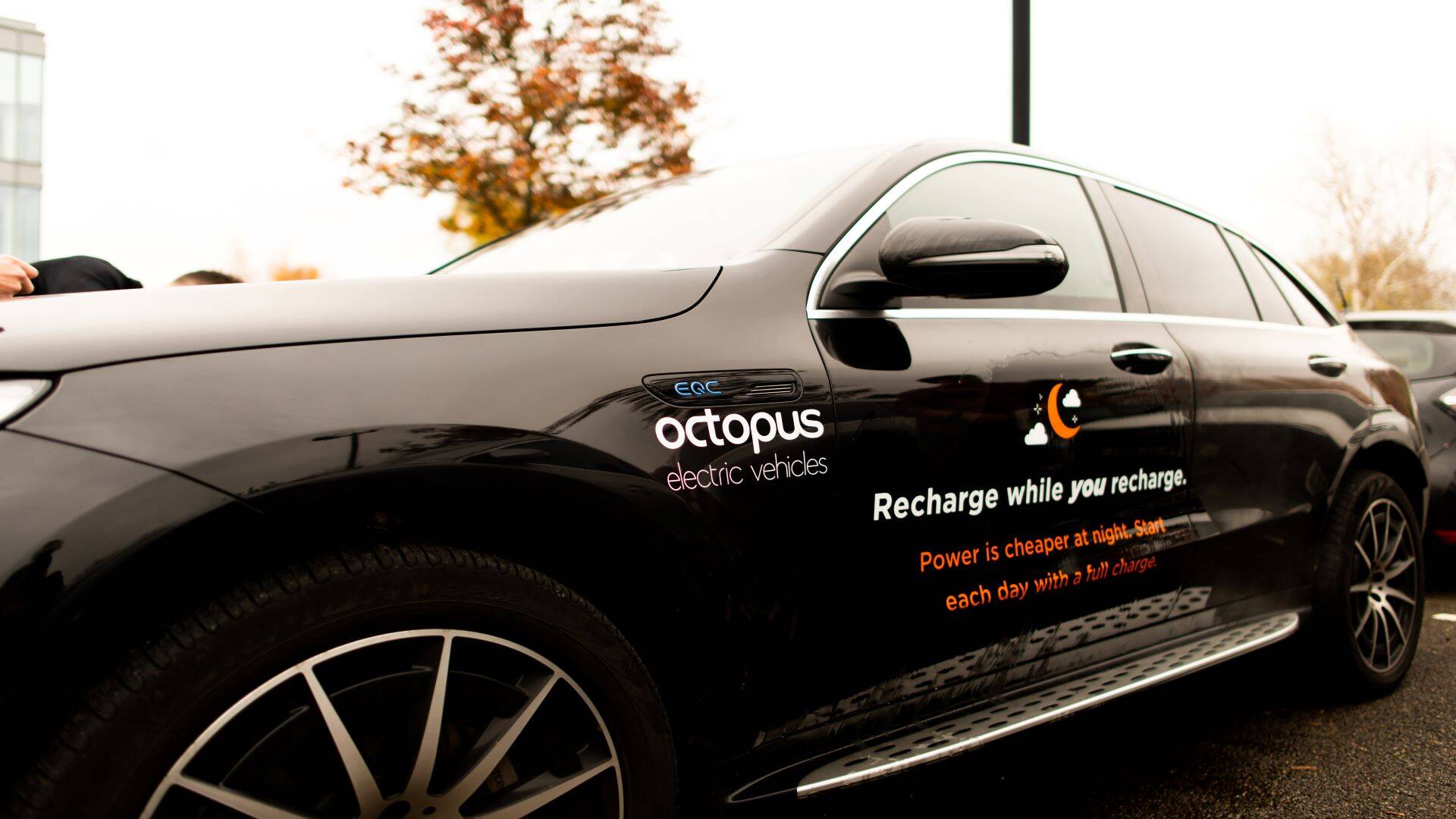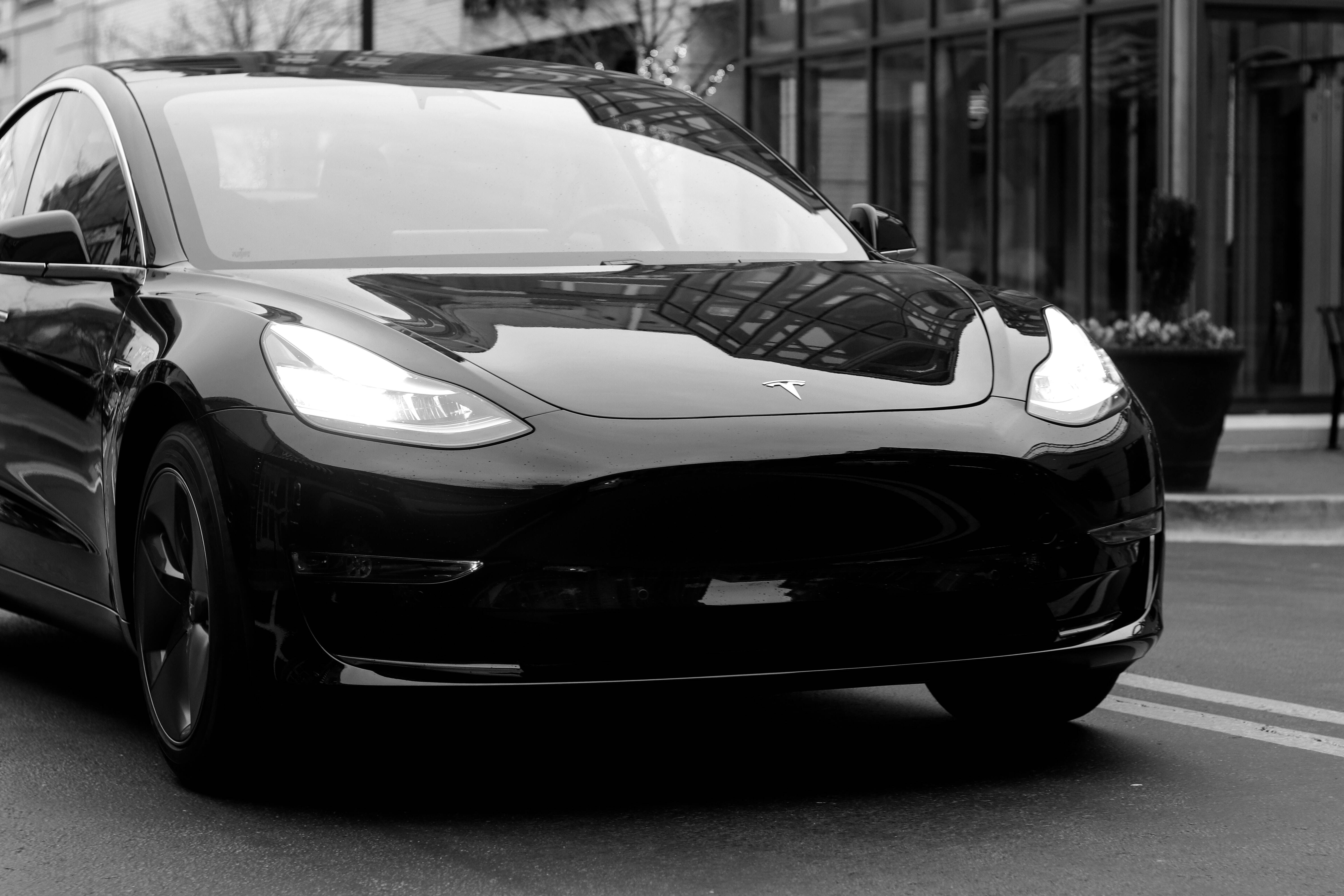You’ve reached your limit!
To continue enjoying Utility Week Innovate, brought to you in association with Utility Week Live or gain unlimited Utility Week site access choose the option that applies to you below:
Register to access Utility Week Innovate
- Get the latest insight on frontline business challenges
- Receive specialist sector newsletters to keep you informed
- Access our Utility Week Innovate content for free
- Join us in bringing collaborative innovation to life at Utility Week Live

The energy revolution is underway. Top-down, linear energy systems are becoming relics of a bygone age. In their place, we’re seeing dynamic bi-directional flows of energy, a proliferation of decentralised assets, and the beginnings of a future energy system that – if it is to be clean, reliable and resilient – must put people at its centre.
 We know that this will hinge on more active consumer participation – but the corresponding benefits and rights that consumers can expect are unclear because they relate to markets and business models that are themselves still evolving and in some cases untried, and untested.
We know that this will hinge on more active consumer participation – but the corresponding benefits and rights that consumers can expect are unclear because they relate to markets and business models that are themselves still evolving and in some cases untried, and untested.
How do we ensure consumers are fairly rewarded for providing domestic flexibility? How can we build a framework that delivers protection and engenders trust?
As citizens across Europe and beyond are increasingly being called upon by governments to turn down their energy usage to support struggling grids amidst the energy crisis, we’re beginning to confront these questions.
 Some countries are encouraging voluntary energy reduction – others are mandating it. Following its hottest day in recorded history on 6 September, the state of California’s power grid asked residents to voluntarily reduce their electricity use, issuing a #FlexAlert over nine days that successfully averted any blackouts.
Some countries are encouraging voluntary energy reduction – others are mandating it. Following its hottest day in recorded history on 6 September, the state of California’s power grid asked residents to voluntarily reduce their electricity use, issuing a #FlexAlert over nine days that successfully averted any blackouts.
Meanwhile, the German government has issued a set of binding measures to reduce energy consumption nationwide for six months, including bans on heating halls and corridors in public buildings and private pools.
A real opportunity
While we’re yet to see the UK Government launch a public energy reduction campaign, and ministers have repeatedly ruled out the possibility of energy rationing, the risks and uncertainties of possible shortfalls in Europe’s gas supply this winter are palpable.
As a result, National Grid ESO is rolling out a series of voluntary flexibility schemes in the coming months, aiming to incentivise consumers to reduce and/or shift consumption and protect the grid.
The level of the proposed incentive remains a topic of debate. Earlier this month, disagreements between the energy retailers helping run these trials and ESO regarding the level of proposed financial reward for participation made headlines.
 Both Octopus Energy and E.On warned that the proposed payment to customers of 52p for each kilowatt-hour of electricity saved during peak times was too low. They argued, firstly, for higher rates of at least £1 to £2 per kWh to incentivise customers to sign up and, secondly, the importance of testing different price points with customers and adjusting prices accordingly.
Both Octopus Energy and E.On warned that the proposed payment to customers of 52p for each kilowatt-hour of electricity saved during peak times was too low. They argued, firstly, for higher rates of at least £1 to £2 per kWh to incentivise customers to sign up and, secondly, the importance of testing different price points with customers and adjusting prices accordingly.
While these kinds of schemes are embryonic, as more distributed energy resources (DERs) are adopted in people’s homes – such as EVs, heat pumps and batteries – there is real opportunity for households to benefit from more actively participating in energy markets and offering flexibility, provided wholesale and retail markets are structured accordingly.

- Resilience, reliability and collaborative transformation to adopt technology and innovation are among the key themes at the Utility Week Forum, which will take place in London on 8-9 November. Find out more here.
A DER bill of rights?
But broader questions will also need to be tackled, beyond pure market economics. We don’t yet have a coherent framework that sets out reasonable consumer expectations, complete with practical technical definitions of how these may be applied. What do consumer rights look like in a DER-dominated future? What are the consumer obligations that arise from being connected to a public asset (the grid)? And how can we ensure that consumers are compensated fairly in comparison to large-scale generation?
 Australian academics have recently begun to explore these types of questions, proposing a first attempt at a ‘DER Bill of Rights and Responsibilities‘ for both passive and active participation in energy markets, using their country as an example jurisdiction. Its world-leading penetration of distributed solar photovoltaics (PV) is already reshaping grid operations, power system security, and how customers can use and export their own PV-generated energy, making it critical to address these issues in the near-term. As decentralised energy systems proliferate, other countries will need to address these same questions.
Australian academics have recently begun to explore these types of questions, proposing a first attempt at a ‘DER Bill of Rights and Responsibilities‘ for both passive and active participation in energy markets, using their country as an example jurisdiction. Its world-leading penetration of distributed solar photovoltaics (PV) is already reshaping grid operations, power system security, and how customers can use and export their own PV-generated energy, making it critical to address these issues in the near-term. As decentralised energy systems proliferate, other countries will need to address these same questions.
Addressing this issue at a household level is key – but we also need to take a systems-level approach and consider how we manage and coordinate this proliferation of assets. When low carbon technologies are used simultaneously, this can compound to put the grid under stress; interventions such as randomised delays or better principled automation that spreads the load will prevent system stress, but should not act at cross-purposes with other tools such as time-of-use tariffs. The UK government is currently consulting on this issue.
Building a decentralisation framework
In 2019 Elon Musk described a bold plan to turn Tesla vehicles into ‘robotaxis’, enabling vehicle owners to use their car’s onboard autonomous driving functionality to rent out their car when they are not using it themselves. He suggested that a single robotaxi could make as much as $30,000 per year.
 It may be years before this idea becomes reality as part of the transportation system – but in the energy system, a car’s battery could be put to use much sooner, along with other household level low carbon technologies. When householders are away from their homes and not using their electric vehicle or home battery, they enter a virtual pool of resources that help balance the grid, and are remunerated for providing this service.
It may be years before this idea becomes reality as part of the transportation system – but in the energy system, a car’s battery could be put to use much sooner, along with other household level low carbon technologies. When householders are away from their homes and not using their electric vehicle or home battery, they enter a virtual pool of resources that help balance the grid, and are remunerated for providing this service.
This isn’t as far off or futuristic as Musk’s world. There are no technological or algorithmic barriers to overcome. The innovation already exists, but we haven’t yet figured out how to distribute its value creation and to underpin this accordingly with governance, regulation and data sharing.
Policy-makers must get ahead and build a framework for decentralisation that consumers can trust, thereby unlocking the potential of an intelligent, flexible energy system.
 Utility Week Innovate, in collaboration with Utility Week Live aims to discover and promote innovative approaches to tackle front line business challenges through case studies, technical/project studies, networking, and live content. Be recognised as a key solution provider and meet your target audience face-to-face at UWL23. Find out more about exhibiting
Utility Week Innovate, in collaboration with Utility Week Live aims to discover and promote innovative approaches to tackle front line business challenges through case studies, technical/project studies, networking, and live content. Be recognised as a key solution provider and meet your target audience face-to-face at UWL23. Find out more about exhibiting
Please login or Register to leave a comment.